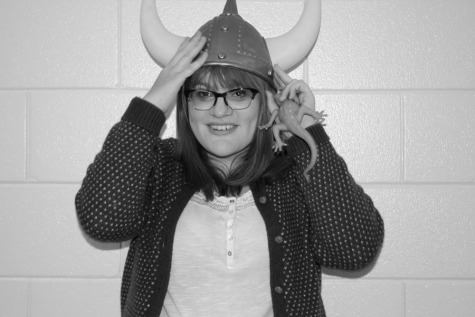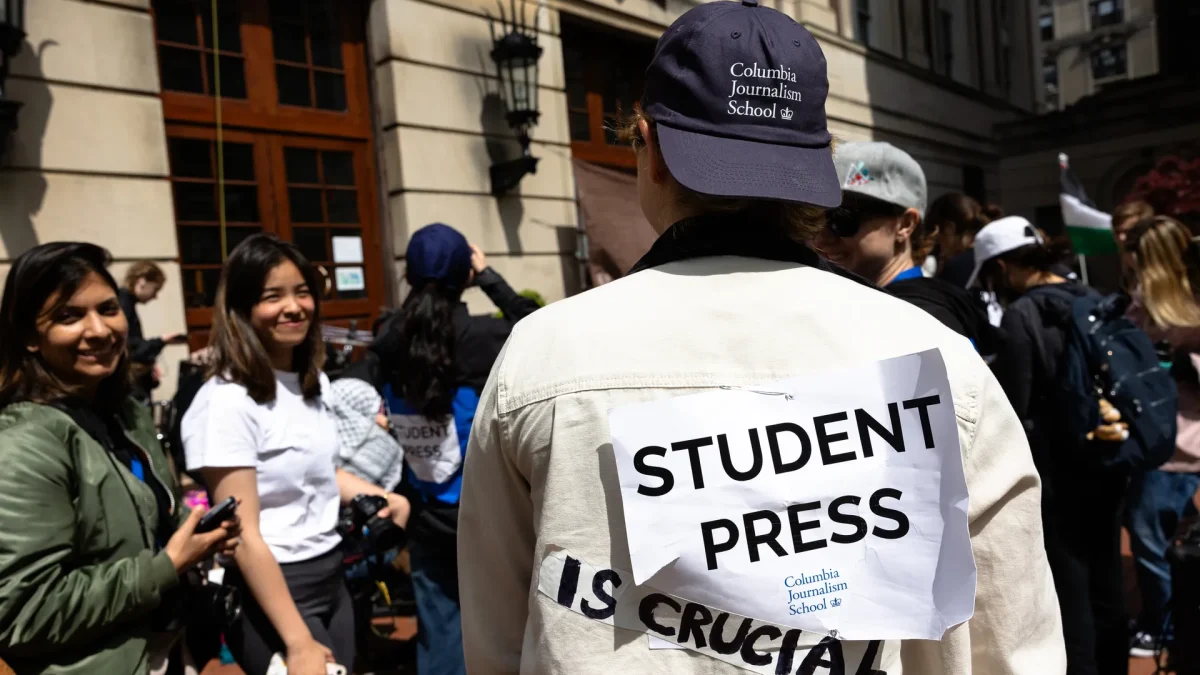Broad Historical Education Contributes to Cultural Tolerance
October 23, 2013
Everyone knows about the power and prestige of the Roman empire, but people may not be so familiar with the Mongols. While the Romans were undoubtedly influential, many of their accomplishments were met by other, less revered empire builders – the Mongols. They conquered more land in 24 years than the Romans managed in 400, but I’m not saying one is better than the other. The problem is that, based on the way we view and teach history, it certainly seems that way. Western history is both prioritized and idealized in comparison to non-european history.
Mongols are characterised as the quintessential barbarians. Sure, they may not have had agriculture, but many people overlook that they did have many of the other benchmarks of civilized and indeed, even innovative society. While many conquerors forced subjugated peoples to conform to their religious doctrine, even as recently as the European crusades in the Middle Ages, the Mongols boasted near-unparalleled religious tolerance. The Mongols also had a direct democratic election process, like that of the Romans. The cross-cultural exchange across the enormous Mongol empire lead to developments in technology and culture. Overall, the structure of Mongol society was different than almost every other civilization, but they were advanced in many ways.
They also left a lasting impact on the modern world. The boundaries around regions of the Mongol empire are similar to those of modern Russia, Korea, and China. This is no coincidence – the Mongols united people in a lasting way and created lines of communication that remained throughout history. Some historians see the Mongols as the precursor or the origin of modernity itself.
The Mongols were clearly violent – their most famous leader, Genghis Khan, once said, “The greatest happiness is to vanquish one’s enemies.” However, this should not diminish their influence in the eyes of history. All conquerors, and most societies, have been violent.
Historical education should not center solely on societies seen as “western”, such as the Greeks and Romans. Recognising the positive aspects and contributions of other societies, like the Mongols, is an important step in eroding prejudice. There is a clear correlation between the parts of the world whose historical inhabitants are seen as most influential, and the parts of the world that are viewed as influential now. Recognising the value of the contributions of the entire world, not just those parts that have specifically influenced us, is important to broader cultural tolerance.






